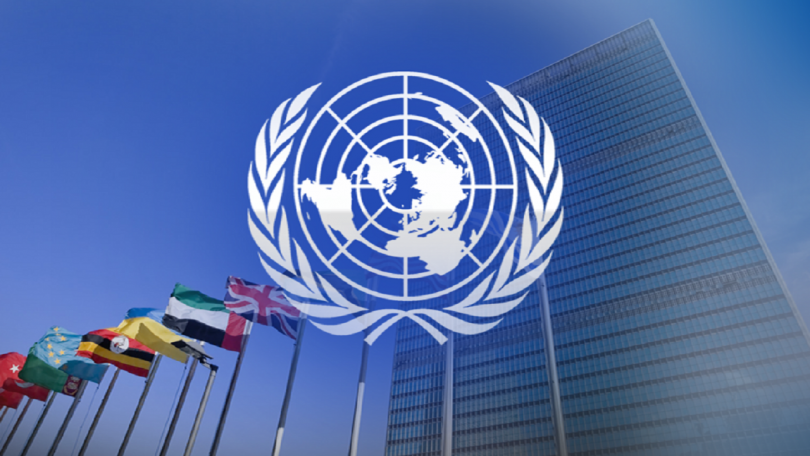Statement by Vassily Nebenzia, Permanent Representative of Russia to the UN, at an open VTC of UNSC members on the situation in Libya
Mr. Minister,
I was tempted to speak in my national language today, like some of my colleagues did, but abiding by your request to be brief, I will skip it for the time being.
Mr. President,
We thank the Secretary-General for the briefing.
We thank you for holding this important session to discuss the situation in Libya. We welcome all High Representatives of UNSC Member-States, Libya's neighbors, participants of the Berlin Conference.
The military and political situation in Libya continues to deteriorate. Continuing escalation prevents from reaching a genuine ceasefire. Now the Government of National Accord (GNA), which with the help of intensive external support managed to push away the Libyan National Army (LNA), does not demonstrate willingness to engage in talks. Reports about Tripoli plans to launch an offensive in the direction of the port city of Sirte and Jufra air base do not facilitate the situation.
The primary cause of the current dire situation in Libya is well known, although some of our colleagues are more comfortable to forget and ignore it. Today’s disastrous state of affairs is the direct result of NATO military intervention of 2011 that breached the relevant UNSC resolution. African Union’s peace initiatives were ignored at that time, and Libyan statehood was de facto dismantled and governance system destroyed. The armed forces and law enforcement bodies were dissolved, inter-regional and inter-communal relations were disbalanced. Another surge of violence caused more victims, first of all – among civilians, and continues to destroy socio-economic infrastructure.
The international community, despite all the efforts it takes, could not bring the opposing parties to the negotiating table. The Berlin Conference on Libya held in January gave hopes for some cautious optimism. Its results were supported by UNSC resolution 2510. However, the implementation of its results stumbles. The cause of it lies with the original sin in the resolution: it was not inclusive and it lacked support of all Libyan parties. On 6 June this year President of Egypt A. Sisi proclaimed the Cairo Declaration. Supported by a number of states, including Russia, it provides for a new “window of opportunity”. We believe that in the current critical situation all states that have influence on the opposing Libyan sides should do their utmost in order to ensure cessation of hostilities and launch meaningful negotiations. We will continue our contacts with countries that are interested in stabilization in Libya. We also find promising the initiative by A. Saleh, Chairman of the Libyan Parliament.
We continue to consistently convince the Libyan protagonists to stop hoping for a military solution and engage in a meaningful political process instead. This is the approach that we advocated during our recent contacts with representatives of the Libyan West and East. We see no alternative to political settlement under UN auspices.
Regrettably, the situation additionally deteriorates because of Mr. G. Salame’s resignation. The office of Special Representative of the Secretary-General for Libya has been vacant for 4 months by now. This situation undermines efforts aimed at reconciliation in Libya. We assume that the authority and influence of the African Union makes a choice of an African representative to be entrusted with such a mission logical and practical. We know that Africa has provided with a strong candidate for this task.
In this regard, we encourage the Secretary-General to take decisive steps to appoint a new Special Representative for Libya, as we see no objective reason for delaying his/her appointment.
Mr. President,
Today we once again heard accusations of our country of military interference into Libyan affairs. We stated on many occasions that there is not a single Russian military serviceman in the area of armed action in Libya. Neither is there any credible data about Russian citizens who would be taking part in armed clashes in Libya. But we know about other countries’ military personnel, including from those countries that accuse us, to be present on Libyan soil, East and West.
However, this does not confuse those who for geopolitical reasons seek to create a false vision that Moscow allegedly interferes with the internal Libyan armed confrontation and openly sides with one of the parties. Unfortunately, some UN officials, who are supposed to be neutral and impartial, also got involved in such insinuations. In particular, we were surprised to learn that current Acting Head of the UN Mission in Libya Ms. Williams was reported to be spreading those allegations. This is inadmissible for a high-level UN official.
Thank you.
